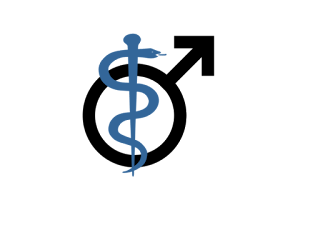Sleep

There are few universal experiences quite like sleep. When it's done right, it can be enjoyable, rejuvenating, and healing. Adequate, appropriate sleep can help athletes recover from tough exercises. It can help students set important information in their memories. When done poorly, it can be grueling, tedious, and even...nightmarish. According to the CDC and the Sleep Foundation, most adults need between 7 and 9 hours of sleep, but across the United States, about 1/3 of adults get 7 hours or less. Poor sleep can lead to more frequent acute illnesses like viral infections, chronic diseases like cardiovascular disease, and mental diseases like depression. In a perfect world, you would avoid computer or TV light 60 minutes before bed while performing a wind-down routine like meditation. Between 9 and 10pm, you would retire to your bedroom which is cool, dark, and quiet. Your comfortable bed would only be used for sleep and ...

